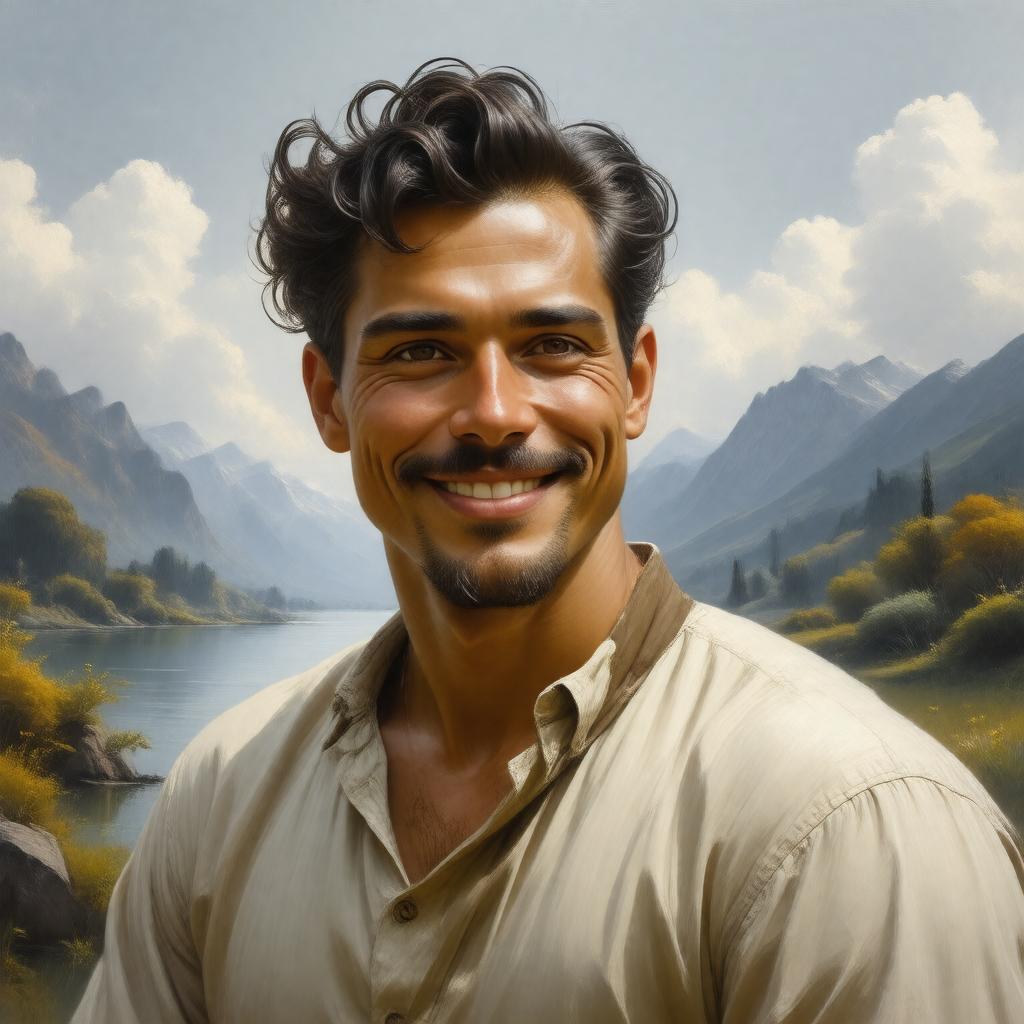
AI-created image
Statements (13)
| Predicate | Object |
|---|---|
| gptkbp:instanceOf |
gptkb:given_name
|
| gptkbp:alternativeName |
gptkb:Manfredo
|
| gptkbp:category |
masculine given names
|
| gptkbp:derivedFrom |
gptkb:Old_High_German
|
| gptkbp:gender |
masculine
|
| gptkbp:languageOfOrigin |
gptkb:German
|
| gptkbp:meaning |
man of peace
|
| gptkbp:notable_bearer |
gptkb:Manfred_Eigen
gptkb:Manfred_Mann gptkb:Manfred_von_Richthofen |
| gptkbp:bfsParent |
gptkb:Lord_Byron
|
| gptkbp:bfsLayer |
4
|
| http://www.w3.org/2000/01/rdf-schema#label |
Manfred
|